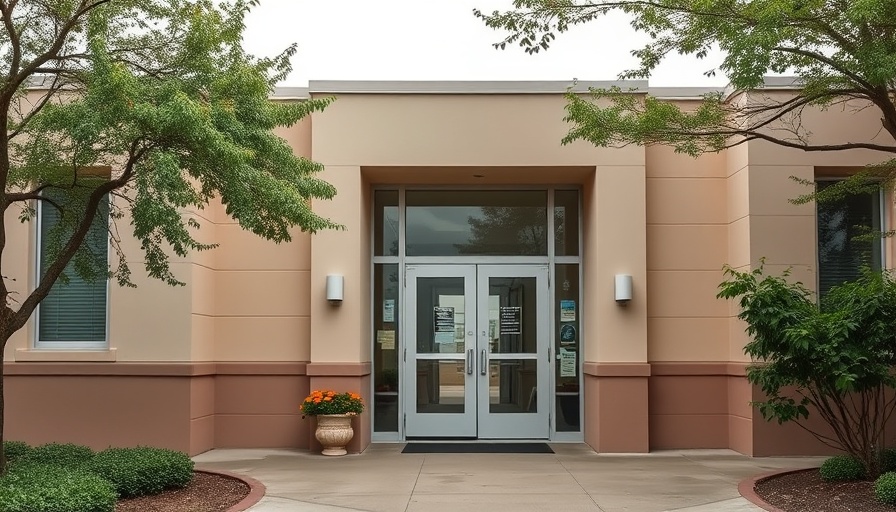
The Return of Casual Carpooling: A Journey Back in Time
Next Tuesday marks a joyful return of the beloved casual carpooling tradition in Oakland, a practice that has been a staple of Bay Area commuting for years. Though it had vanished during the pandemic, the drive to revive it comes amid concerns of the worst work commute season in years. Carpooling not only eases traffic but connects communities in meaningful ways, underscoring the significance of shared rides and camaraderie during travels.
History and Resilience of the Bay Area Casual Carpool
Casual carpools trace their origins back to the 1970s when strikes and disruptions in public transport drove residents to seek alternative commuting methods. The ensuing years birthed a culture of efficient and cost-effective rides, bonded by simple protocols, such as sharing toll costs. It’s a nostalgic throwback to simpler times, wherein the acts of picking up a stranger transformed into a connection between neighbors. For many, memories of casual carpooling evoke a sense of community and shared experiences - a reminder of what can be achieved when people come together for a common good.
Finding a New Route: Challenges in Modernizing Casual Carpooling
The revival of this grassroots effort is not without its challenges. While regular programs may outline straightforward operational methods, the resurgence requires innovation in ensuring safety and sustainability. COVID-19 reshaped how we engage with strangers, necessitating careful planning from organizers who aim to reintroduce this practice. Camille Bermudez, a passionate advocate for casual carpools, exemplifies the community spirit that fuels this initiative.
Local Voices: Commuters Ready to Ride Again
As excitement builds for the relaunch, the survey results reveal a promising interest among residents, indicating potential growth for this initiative. Out of 500 respondents, over 70 expressed their keenness to join the Grand Lake carpool, reflecting a strong desire for this communal support system. As the carpool resumes, camaraderie and a shared commitment to reducing commutes will be vital. People like Bermudez, who learned from family experiences, underline the importance of bridging gaps within our communities.
Moving Forward: What This Means for the Bay Area
This revival of casual carpooling is not only a testament to the community's resilience but also represents a crucial opportunity for future connectivity. The hope is to expand operations to additional locations soon. If more residents can adapt to this carpooling lifestyle, it may serve as a viable alternative for the ongoing issues surrounding traffic and public transport reliability. Additionally, creating dedicated stops fosters a more organized approach, potentially encouraging even those hesitant about the idea to give it a try.
Actionable Insights: Joining the Movement
As the relaunch of casual carpooling kicks off, each resident has the power to make a difference. Those looking to participate can find meeting points like the underpass at the Grand Lake parking lot. Sharing rides can alleviate the commute burden, promote sustainability, and help in building community bonds. Embracing this opportunity not only supports individual journeys but invites the reinvigoration of a local culture steeped in connection and understanding.
In conclusion, the revival of casual carpooling celebrates not just a mode of transport, but the spirit of community within the Bay Area. By participating, you are not just hopping into a car; you are joining an initiative that strengthens ties among neighbors. So whether you're a driver eager to share your ride or a passenger in need of a lift, the casual carpool is back and ready to serve!
 Add Row
Add Row  Add
Add 




Write A Comment